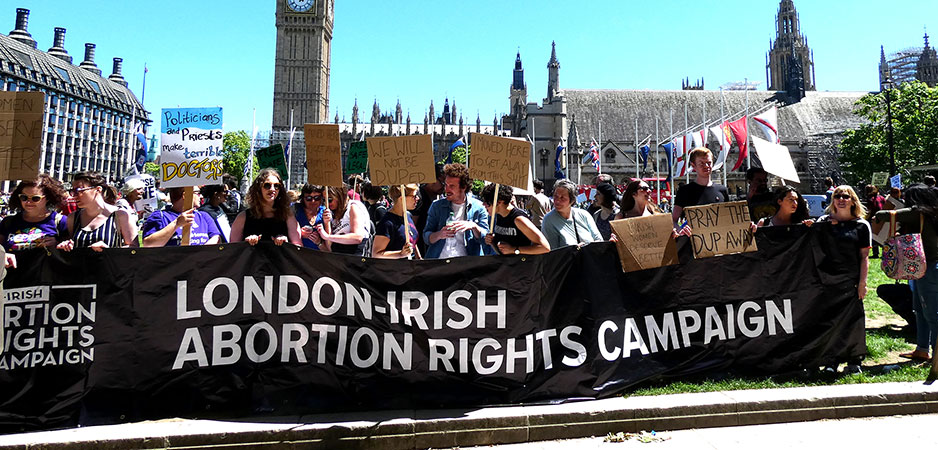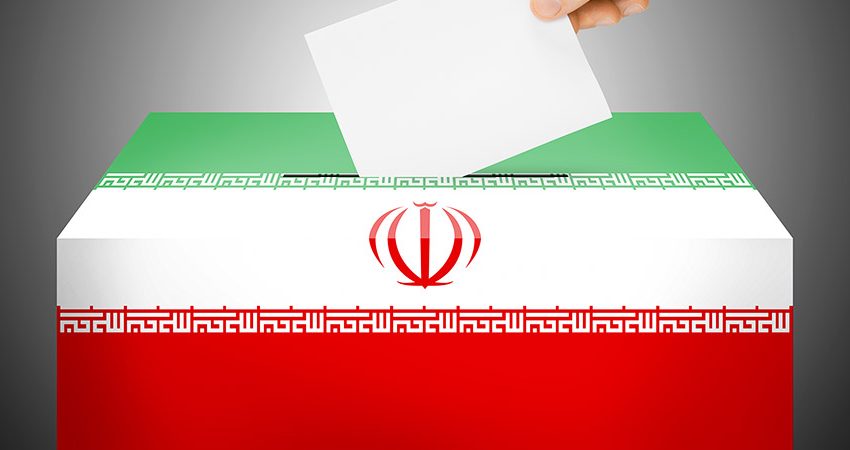In April, the UK House of Commons formally approved a new directive requiring Northern Ireland’s Department of Health to take “concrete steps” to ensure full abortion services in the north before summer. The directive, which came after years of pressure from inside and outside the north, is the result of the Northern Ireland executive’s delay in commissioning services that were formally decriminalized in 2019.
Why Do So Many Athletes Have Mental Health Issues?
It is time for Northern Ireland’s secretary of state, Brandon Lewis, to ensure that reproductive rights in the north are safe, legal and accessible to all who need them. The complicated politics of Northern Ireland have led to this dilemma of jurisdiction. The House of Commons was able to decriminalize abortion services in the north specifically because there was no sitting Northern Ireland executive in Stormont. However, now that there has been a sitting government in Stormont for over a year, many are calling for an end to the executive’s stall tactics.
How Did We Get Here?
Abortion services in the United Kingdom were legalized by the 1967 Abortion Act. Despite the fact that Unionists in the north of Ireland repeatedly call for increased recognition as part of the UK, the Democratic Unionist Party (DUP) has refused to allow this to extend to reproductive rights. Northern Ireland remains home to one of the most restrictive abortion regimes in the world, forcing pregnant people to travel across the Irish Sea to access services.
UN committees and the Human Rights Council have released numerous reports stating that the UK has been breaching the rights of pregnant people in the north by limiting their access to abortion services. These same reports were a driving force behind the 2018 referendum on abortion in the Republic of Ireland, which passed affirmatively with nearly 70% of civilians supporting wide-reaching abortion reform. Pregnant people in the north have been forced to travel either to the republic or to mainland UK, which presents an enormous barrier to access.
Despite the majority of Northern Ireland’s citizens saying that they would like abortion to be legalized, consistent vetoes by the DUP have blocked the power-sharing government from passing abortion reform.
Lack of Government: An Opportunity
The legacy of the 1998 Good Friday Agreement in Northern Ireland requires a power-sharing government between the nationalist and unionist communities. This means that neither party can be in position without the other. While this has been the reality for the past two decades, the issue rose to prominence in January 2017, with the resignation of the nationalist Sinn Fein’s Martin McGuinness as deputy first minister. This led to the collapse of the executive in Stormont, which continued until January 11, 2020.
During this period of three years, the country had no power-sharing assembly to carry it through Brexit negotiations with the European Union, deal with rising turmoil in the north over the impact of these talks, and no opportunity to potentially build on momentum around abortion rights coming from the Republic of Ireland.
The collapse of the executive allowed the British Parliament to pass legislation legalizing gay marriage and abortion in the north, bringing it in line with mainland UK laws, the Republic of Ireland’s laws since 2018 and international human rights norms. The move — which is only possible due to the legacy of The Troubles and the Good Friday Agreement, which allows for direct rule from London — was cause for enormous celebration by abortion rights activists.
The proposal from Labour MP Stella Creasy was supported by 332 votes to 99, which forced decriminalization on October 21, 2019, if the Northern Ireland government was not restored. Despite attempts by the DUP to form a government in order to avoid the decriminalization, Michelle O’Neill and Sinn Fein resisted efforts, allowing the laws to be passed. Notwithstanding arguments against direct intervention from Westminster, the decision was applauded by pro-choice activists across the island.
The new directive requires the Department of Health to take “concrete steps” to ensure full abortion services in Northern Ireland before the summer. This comes after pressure from within and without, with the Northern Ireland Human Rights Commission recently issuing legal action against the Stormont executive over the delay in commissioning services.
What Does the Decision Mean?
Over a year and a half after the British Parliament decriminalized abortion, the UK government has formally reprimanded the Northern Ireland executive for “dragging its feet.” Parliament has formally approved regulations that enable Secretary Lewis to roll out abortion services across the north. This move is long overdue and is a response to stall tactics by the DUP government over the past year.
The delays have meant that the burden has fallen on health trusts to carry out interim services for abortions up to 10 weeks, forcing pregnant people seeking terminations beyond 10 weeks to travel to mainland UK for services. Without adequate funding or resources from the Department of Health, these trusts have been had to either provide limited services or suspend them altogether.
The Northern Irish executive must move, without delay, to create an abortion regime that adheres to international human rights norms and that is accessible to all those who need to access care. However, it appears unlikely that the two majority parties, the DUP and Sinn Fein, will be able to reach an agreement on the services after the resignation of First Minister Arlene Foster. Her successor, Edwin Poots, caters toward the hyper-Christian base of the DUP, publicly opposing adoption by gay couples, supporting conversion practices and restrictions on abortion.
Through the rules that govern the Northern Ireland executive and power-sharing agreement, Lewis has both the legal authority and the financial abilities to “compel Stormont to commission full abortion services if there is no movement by the summer.” However, in the absence of clear decisions from Lewis, coupled with a Stormont executive that refuses to move forward with their own directives, the responsibility has fallen on community organizations such as the Alliance for Choice to provide access to abortion services across the north.
The COVID-19 pandemic has exacerbated the fact that health professionals are already stretched thin throughout the north. Many of them do not have the financial or staffing resources to continue to provide services for those seeking an abortion. While a truly free, safe and legal abortion regime will look different everywhere, it is clear that the current model in the north is not working. In the absence of appropriate action from the Northern Ireland executive, and to assume the burden from already-stretched-thin community organizations, Secretary Lewis must act now to create a government-financed and government-run centralized model for abortions without restrictions in the north.



